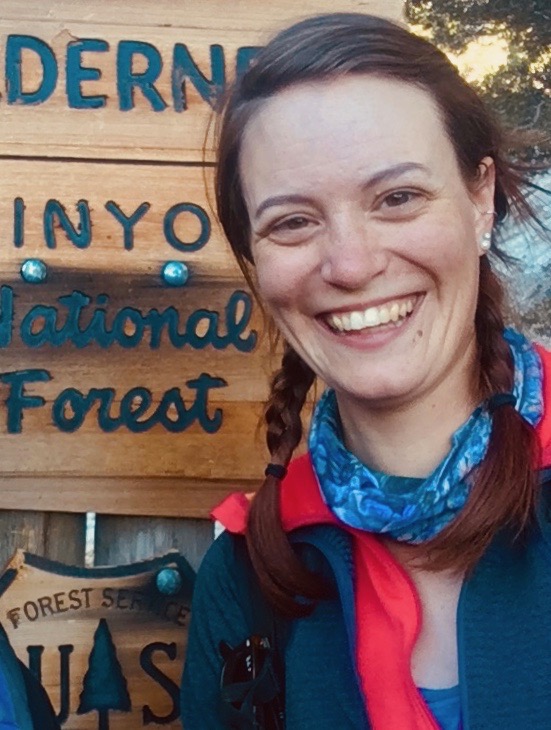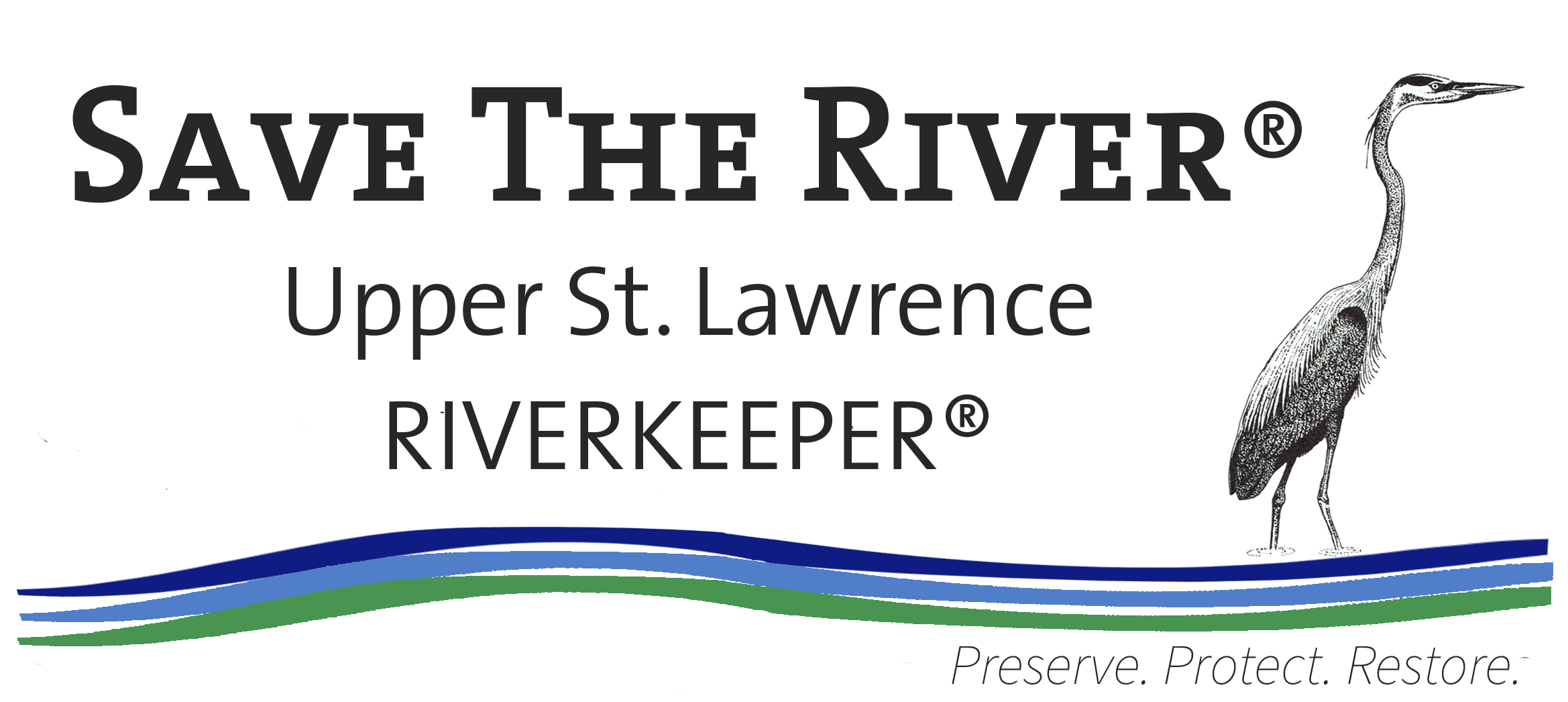 Save The River, the 42-year-old environmental watchdog for the St. Lawrence River, announced today that a new Program Coordinator has been hired. Lauren Eggleston, Clayton, who most recently worked for the Minna Anthony Common Nature Center as the Student Conservation Association (SCA) Supervisor, Environmental Educator, brings her experience with educational programming to Save The River as Program Coordinator.
Save The River, the 42-year-old environmental watchdog for the St. Lawrence River, announced today that a new Program Coordinator has been hired. Lauren Eggleston, Clayton, who most recently worked for the Minna Anthony Common Nature Center as the Student Conservation Association (SCA) Supervisor, Environmental Educator, brings her experience with educational programming to Save The River as Program Coordinator.
As Program Coordinator, Ms. Eggleston, will implement all aspects of Save The River’s current educational programs including its very successful In the Schools and On the Water programs which currently introduce over 1,000 kindergarten to twelfth grade students to environmental issues facing the St. Lawrence River and the Riverkeeper and Jr. Riverkeeper Volunteer programs that teach 100s volunteers each year of all ages stewardship principles.
Ms. Eggleston has a Master’s of Science degree in Structural Geology and Tectonics from the University of Alberta – Edmonton, during her graduate studies she also worked as the Head Teaching Assistant for the Engineering Earth Science department. While at the Minna Anthony Common Nature Center she managed educational programs and a team of interns. She has also created various naturalist programs for grade school children and worked in coordination with Save The River and Thousand Islands Land Trust (TILT).
Save The River, a member-based, nonprofit environmental organization, has been the “voice for the St. Lawrence River” in the U.S. and Canada since 1978. Save The River’s mission has always been to restore, preserve and protect the ecological integrity of the Upper St. Lawrence River through advocacy, education and research. In 2004, Save The River was designated the Upper St. Lawrence Riverkeeper® and became a member of the international Waterkeeper Alliance with the goal of a swimmable, fishable, drinkable River.
As the leading grassroots advocacy organization working to protect the St. Lawrence River, Save The River takes an active role in River policy issues, engaging decision-makers, community leaders, residents, visitors and volunteers to make positive change. Every year it works with educators in school districts in the watershed to educate 1,000+ students in a place-based curriculum that stresses age-appropriate aspects of stewardship.
